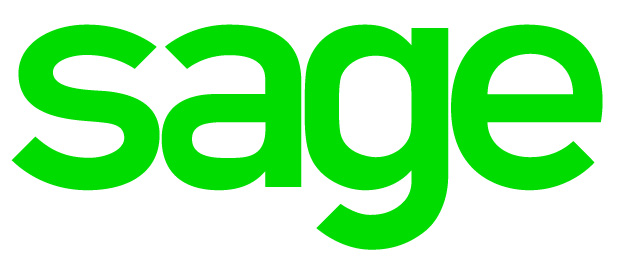Is your employer still paying for your private fuel
It is worth repeating an article we first published March 2016 that highlighted the cash benefit to company car drivers and their employers, of reimbursing the cost of fuel provided for private motoring. The rates have been updated for 2016-17.
Since the tax on private fuel provided with company cars is so high, many employers now have an arrangement whereby they no longer pay for private fuel. In this case, the employee must reimburse the employer for private fuel included in petrol bills paid by the employer. Otherwise, the employee may face a tax charge.
Consider the following example:
If your private mileage is currently 560 miles a month, and you drive a 1900cc diesel engine car, the rate per mile to cover fuel charges, as quoted in the latest rates published by HMRC, is 11p per mile. Accordingly, you should repay £61.60 a month to your employer.
Based on the above example, if the vehicle’s list price when new was £25,000, and the car benefit charge rate was 26% (based on a 130g/km CO2 rating) the benefit in kind charge for the year would be £6,500. With no repayment of private fuel, there would also be a £5,772 car fuel charge. Both these amounts would be added to your taxable income for the year. If you were a higher rate tax payer the car fuel charge would cost you £2,308.80 a year in additional tax (£5,772 x 40%). This amounts to £192.40 per month.
If your actual private mileage proved, on average, to be 560 miles a month, you would therefore save £130.80 per month (£192.40 – £61.60).
Employers will also benefit as they will no longer be subject to a National Insurance charge on the amount of the car fuel benefit. In the above example, it would reduce NIC costs by £796.54 (£5,772 x 13.8%).
It is worth crunching the numbers. Obviously, the lower your private mileage, the more likely a repayment system will save you money, but you will need to take action before the 5 April 2017.
Latest News
- Boost for small businesses - April 12, 2024
- A new acronym - April 9, 2024
- Tax Diary April/May 2024 - April 5, 2024
- Still time to register for the Marriage Allowance - April 5, 2024
- Check your National Insurance record - April 5, 2024
- HMRC helpline changes on hold - April 5, 2024
- Underlining planning options for FHL owners - April 4, 2024
- Journey out of debt - April 3, 2024






